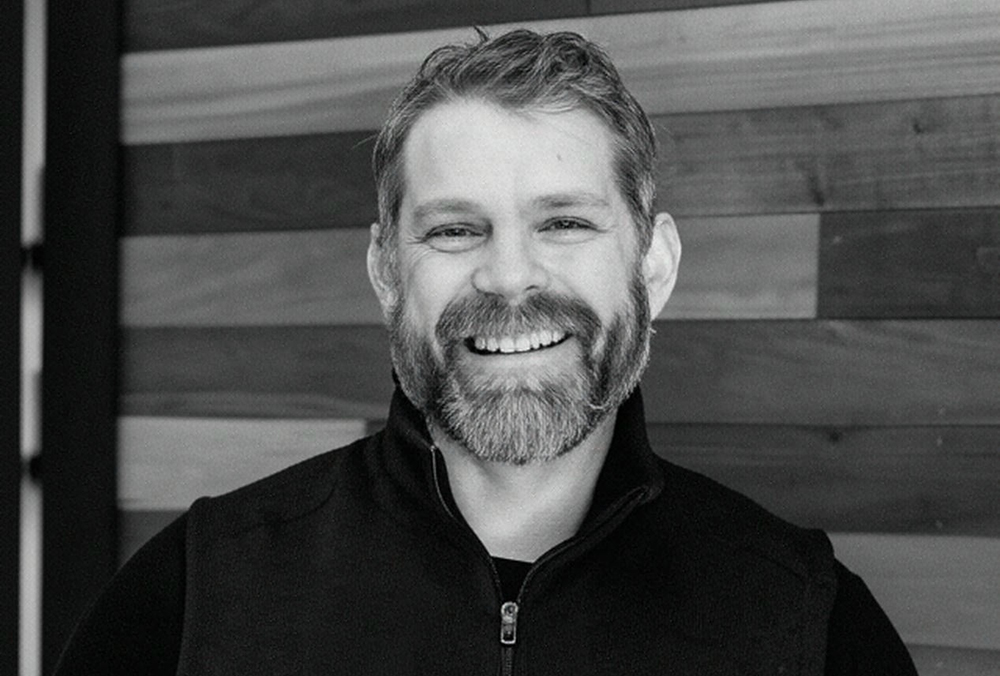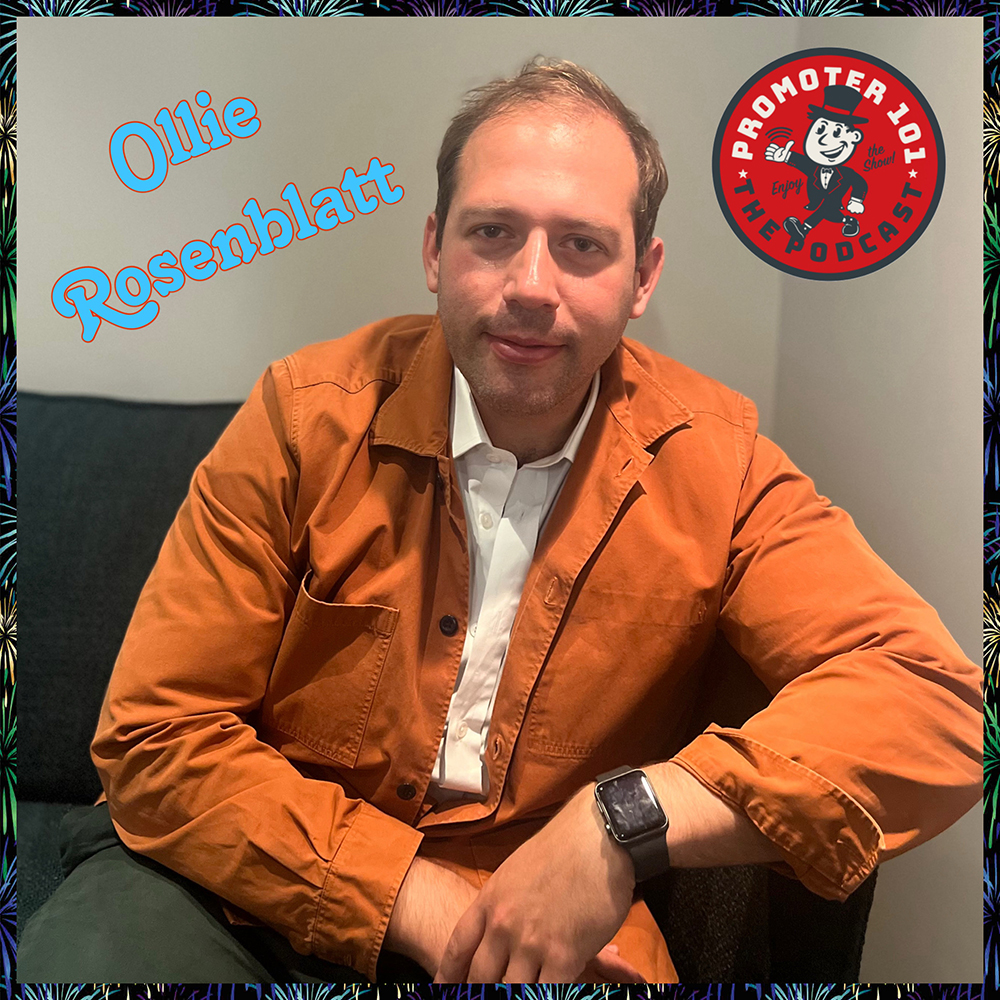
WASHINGTON D.C. (Hypebot) – Last week the Chairman of the RIAA, Cary Sherman had an op-ed piece in TheHill.com highlighting the 100 Millionth copyright notice that has been sent to Google and the RIAA’s five-point-plant for Google to implement. Generally we look through a pretty different lens than the folks at RIAA, but some of their suggestions are pretty progressive this go around.
1. Fulfill the admirable promise to demote sites receiving extensive numbers of piracy notice
We've actually studied and processed data on this pretty extensively and give Google the upper hand here. People search things in a myriad of ways, thus dictating the best set of results for that particular query. This request is fundamentally asking Google to alter the relevance aspect of any given search. If a user searches Katy Perry – California Girls Free Download, iTunes is not the best result for this release and shouldn’t rank as such. On the flip side the more broad queries Katy Perry and Katy Perry – California Girls (without free download), the presence of illegal download sites is minimal, and much less visible than before Google announced they would start demoting sites with a record of valid notices.
On a more technical note, 'traffic hog' sites are just playing a SEO traffic grab game by creating 100's of pages per song to assume as much traffic as possible from as many different queries as possible, regardless if they offer an illegal download or not. This often gives the perception that there is some rampant sharing frenzy going on when there isn’t.
2. Make sure that the "take down" of a song is meaningful – not repopulated online two seconds later
I’m really not sure what they mean here, but if I had to guess it runs parallel to the 'traffic hogging' scenario mentioned before. If a site creates a new URL, (meaning unique) Google and every other search engine treats it like a brand new page, as they should. This is where it gets really grey and a lot of people cry foul on infringing sites for claiming legal use under the Safe Harbor provision of the DMCA law. Ultimately it’s rather easy to find out if most (if not all) URLs / pages from a certain group of sites mentioning any commercial recording artist are infringing, but blanket censoring a website is a bit draconian. If any particular site is causing that much damage, do work and take them to court or allocate more resources soliciting feedback from consumers and product development.
3. Educate users by identifying authorized sites with a consumer-friendly "icon"
Bingo! I think this one is great and rich snippets are something Google already has live in some music searches and many other verticals. Several studies have shown that rich snippet usage can increase click through rate (CTR) percentage at an average of 30%! This request does nothing to compromise the integrity or relevance of search results.
4. Stop leading users to illegal sites through autocomplete
Bingo, again! Google has already done this for a lot of words for various reasons of copyright, violence, and pornography. Extending the list to include new words as future usage permits is not a tough thing for Google to do, however blocking site names from autocomplete goes a bit far.
5. Give your repeat offender policies some teeth
I'm assuming this stems from not penalizing sites enough that have received several valid notices. But, beyond enforcing stiffer ranking penalties for these offending sites or completing banning them all together, about the only thing Google can really do is continue to be vigilant in offending sites using their popular Adsense product.
All in all I think the RIAA is starting to adapt to technology at much more progressive attitude and faster rate than in recent past. The quick rise of mobile and streaming platforms have generated huge new channels revenue for the Big 4, which many are touting as piracy killers. That said, 2014 marks to be an exciting year for digital litigation and reform.
























































